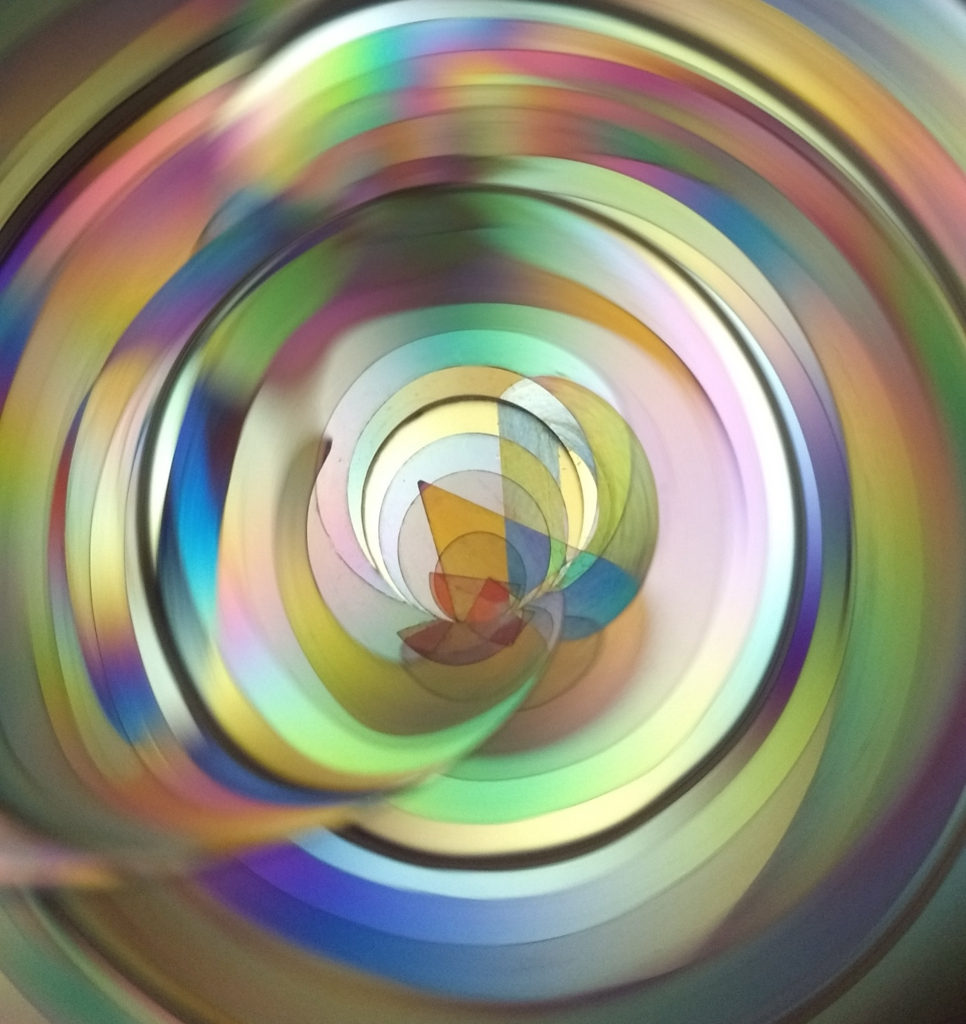 A call for writing about spiritual summer journeys by my friend Carol V. had me revisiting this photograph I shot at Crane Beach (Ipswich, Massachusetts) last week as my wife and I went on an end–of-school-year getaway for a few days as a way to decompress and rejuvenate ourselves.
A call for writing about spiritual summer journeys by my friend Carol V. had me revisiting this photograph I shot at Crane Beach (Ipswich, Massachusetts) last week as my wife and I went on an end–of-school-year getaway for a few days as a way to decompress and rejuvenate ourselves.
After posting the poem as digital object, my Western Massachusetts Writing Project colleague Jack C. asked if I might share the poem as verse, and reflect on the process (maybe Jack didn’t ask that in particular, but that’s what I am going to do here because I find it valuable as a writer to do that).
The Invitation
Carol sent forth a tweet and a blog post with a call for poems, writing and media. She does this regularly for the seasons. This call for work was about, as she writes, to “imagine all the opportunities to relax, meditate, and free ourselves from the restrictive boundaries of our pandemic lives.” I remembered my wife and I walking Crane Beach one early morning. Miles of sand and ocean and almost no one was else was there, and how rejuvenating that was.
The Image
There was this one photograph that I took by chance and then kept remembering back on. At first, I was amused at thinking how the sand shapes in the morning seemed to resemble a gathering of turtles burrowed down into the sand. And then I saw them as puzzle pieces, scattered on the shore. As I thought more on it, I was drawn to the way the ocean, at night, creates its art, and leaves it for a little while for the world to notice, before pulling it back to water. Something about night’s work and morning’s viewing nudged my mind.
The Poem, Part One
I knew I wanted to write about the ocean at night, and to capture its invisible hand in shaping and reshaping the landscape, but I struggled with the first lines of the poem. I sat with the idea of the poem for some time, mulling over quietly in my head some possible ways to begin. I’d whisper phrases, trying to find the right words and the right rhythm. At last, something clicked, and “What night’s tides leave behind …” seemed to open up the rest of the poem, with the image of the beach still lingering in my head.
The App
Since I know that Carol’s call often is for art, visual, I opened up an app I often use for poetry called TypiVideo. It creates a form of kinetic text poetry but one of the odd elements is that the app only wants a block of text, not verse, and the writer has little control and little agency over where the text/screens start and end. So I wrote this poem as a single block of text (unusual for me) inside the app itself (also unusual for me). Even as I was writing, though, I heard the line breaks and saw where the stanza construction could be. The app didn’t care about that, but I did, and when Jack asked, I went back into the digital poem to reconstruct the poem as verse, pulling the threads of the single block of text back into the form of a poem.
The Poem, Part Two
It was the third verse where I began to pivot, from the visuals of the beach itself to the world at large, I think, as I am the poet I write about, trying to make sense of the landscape that is always in the midst of change (every day and every night, when considering the ocean’s relentless energy) and things we remember (and what we forget). The last stanza hooked me back to Carol’s call for summer, and the understanding that a visit to the ocean (for us) ends with us also heading back home, and what we are left with are the memories (that might become poems).
The Poem, Part Three
What night’s tides
leave behind
when morning arrives
lays scattered
like puzzle pieces,
an invitation
to the poet
to imagine sense
in the unknown,
before the ocean
claims the memory
back
this season’s always
tugging us towards
home
Peace (listening to the waves),
Kevin
 (This is for the Slice of Life challenge, hosted by Two Writing Teachers. We write on Tuesdays about the small moments in the larger perspective … or is that the larger perspective in the smaller moments? You write, too.)
(This is for the Slice of Life challenge, hosted by Two Writing Teachers. We write on Tuesdays about the small moments in the larger perspective … or is that the larger perspective in the smaller moments? You write, too.)





